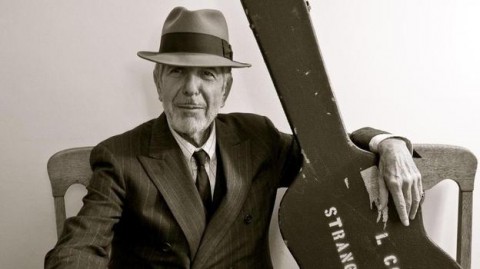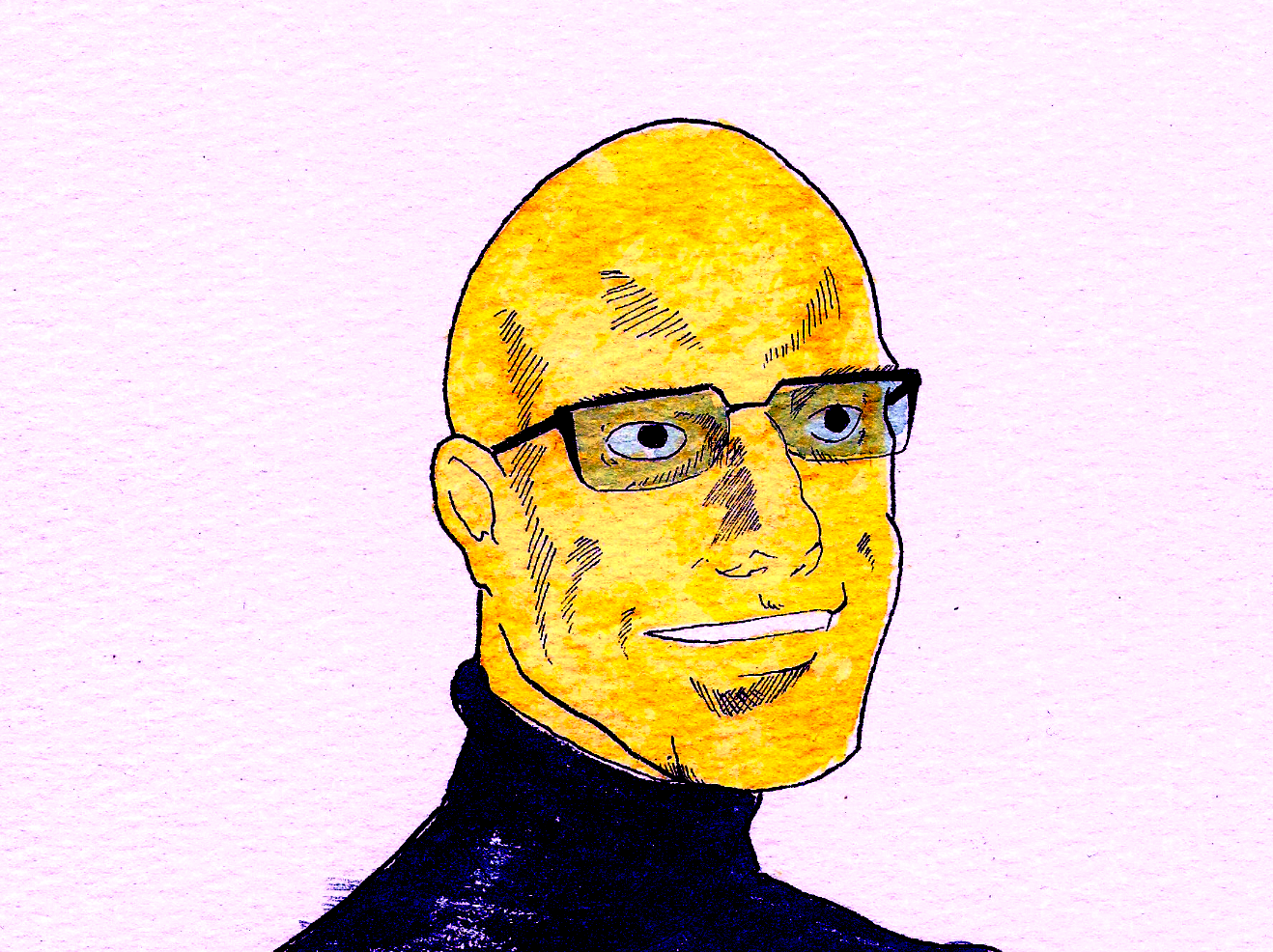Before Jim Henson joined Sesame Street in 1969, the great puppeteer took on various projects during the 60s, sometimes creating experimental films (for example, the Oscar-nominated short Time Piece), other times producing primers on puppet making, and then pursuing the occasional commercial project — like the one just uncovered by AT&T.
Back in 1963, Henson was asked to create a short film for a Bell Data Communications Seminar held in Chicago. The conference organizers sent a three-page memo to Henson outlining the main themes of the conference — one being the strange and sometimes fraught relationship between man and machine. Henson’s film only runs three minutes, but it gets the message across … and then some.
If you would like to sign up for Open Culture’s free email newsletter, please find it here. Or follow our posts on Threads, Facebook, BlueSky or Mastodon.
If you would like to support the mission of Open Culture, consider making a donation to our site. It’s hard to rely 100% on ads, and your contributions will help us continue providing the best free cultural and educational materials to learners everywhere. You can contribute through PayPal, Patreon, and Venmo (@openculture). Thanks!
Related Content:
Jim Henson Teaches You How to Make Puppets in Vintage Primer From 1969
Jim Henson Creates an Experimental Animation Explaining How We Get Ideas (1966)
Jim Henson’s Original, Spunky Pitch for The Muppet Show



